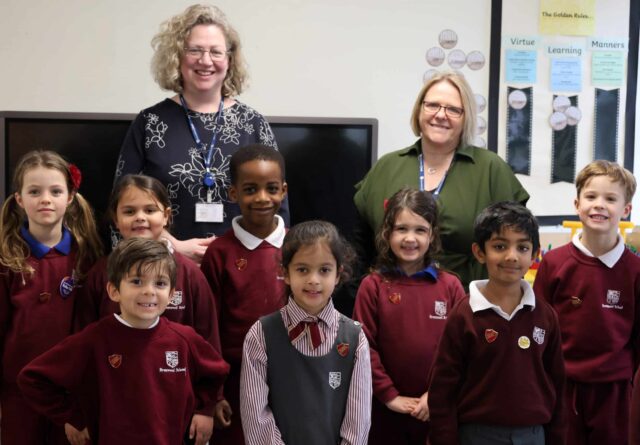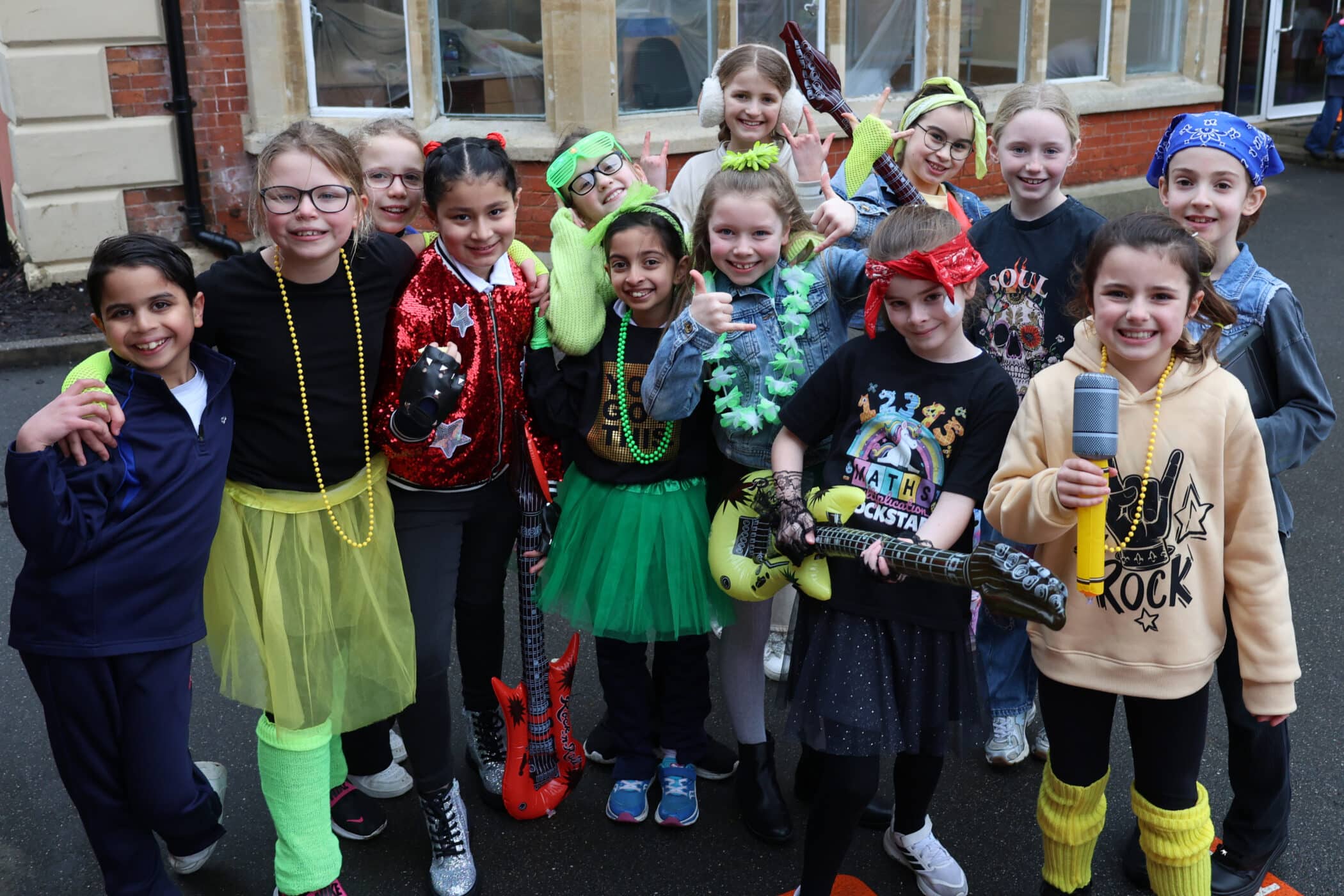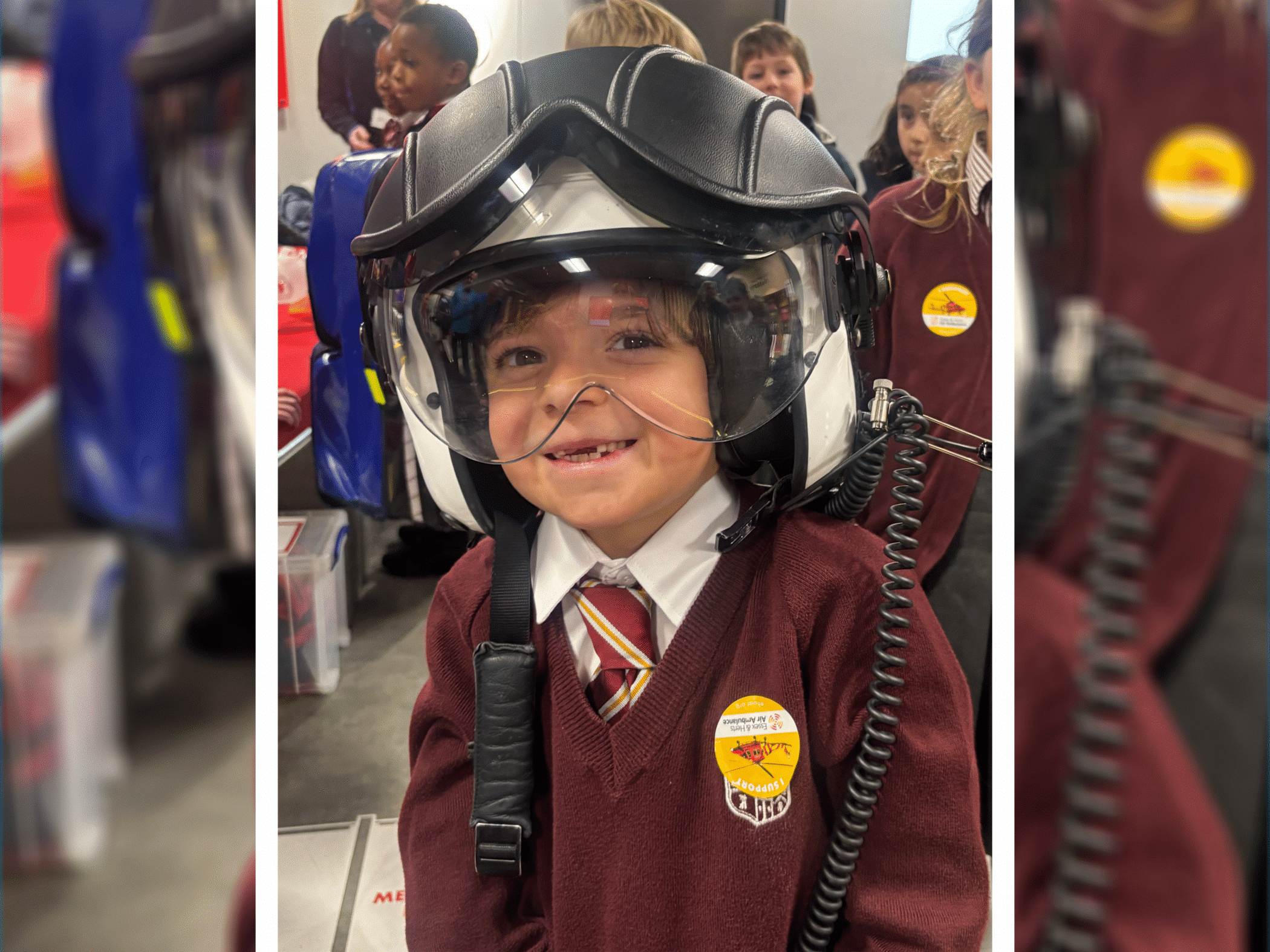Beyond the Badge: Pupil Leadership Roles
This week, we have been reflecting on the many opportunities there are for Prep pupils to have leadership responsibilities. These opportunities are important for their personal, academic, and social development. Children of all ages can experience leadership, and tailoring this to their ages is essential in order to maximise the positive impact and minimise the unintended negative consequences. Our day-to-day running of the school and continual evolution is significantly enhanced by including the voices of the children. They offer insights that, from our perspective as adults, we wouldn’t necessarily see.
There are some key aims of offering the children leadership opportunities, and I thought I might highlight a few.
To build confidence and self-esteem. Leading others encourages children to speak up for the benefit of others, to make decisions, and believe their voice matters. Last year, our Key Stage 2 School Councillors gave presentations on being an anti-bullying school and encouraged everyone to see this as their mission.
To develop responsibility and accountability. Leadership opportunities require children to follow through on commitments and take responsibility for their actions and those of others. This, in turn, helps them develop a sense of duty and integrity from a young age. Our House Captains lead on crucial fundraising and awareness raising of local causes, such as supporting the Brentwood Foodbank.
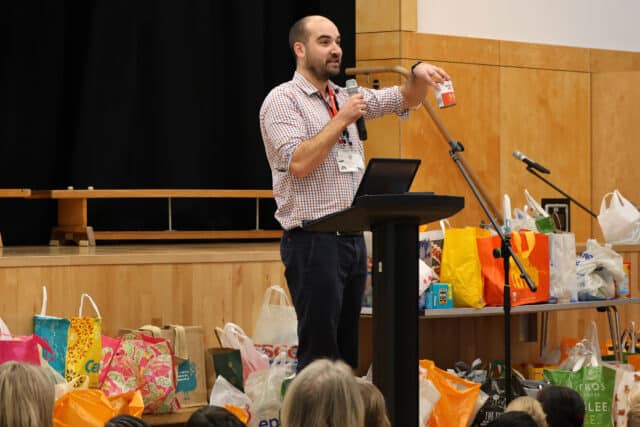
To encourage teamwork and collaboration. Children learn to work with others, delegate, motivate and negotiate. Our Year 5 and 6 Play Leaders every day support younger children in engaging with active games in the playground, helping to solve disputes about what and how to play and finding ways to get everyone up and moving.
To enhance communication skills. As we know, leadership roles often involve public speaking, listening actively, and expressing ideas clearly—all essential skills both in and out of school and form part of our approach to developing oracy. The Goblin Racers club last year designed a pitch for the school, investing in workshop space for them that meet the needs of the club. They successfully delivered this pitch to our Estates Manager, and by Easter, their beautiful new workshop was built and in use.
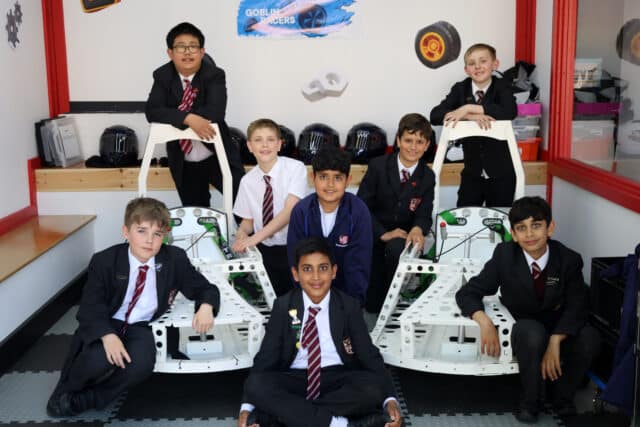
To promote problem-solving and critical thinking. When faced with challenges in leadership positions, children must make decisions and think critically about how to solve problems, often with constraints to manage, such as time and costs, as well as competing opinions. The Eco Warriors last year set themselves a challenge of increasing our greenness through the products we use, such as glue sticks. This was a tough challenge as the alternatives also posed problems. They had to rely on each other to undertake research, test products and then present their findings.
To foster emotional intelligence and a growth mindset. Leading peers requires empathy, patience, and the ability to understand different perspectives. Through successes and failures in leadership, children learn resilience, adaptability, and how to handle feedback constructively. Our approach to sports team captaincy is that lots of children benefit from this opportunity, and therefore, this responsibility changes from child to child across the year. The emotions that children (and adults!) feel when playing sport competitively means being a team captain can be very challenging, and it doesn’t always go well. The staff are on hand to turn these times into pivotal learning moments and points of growth.
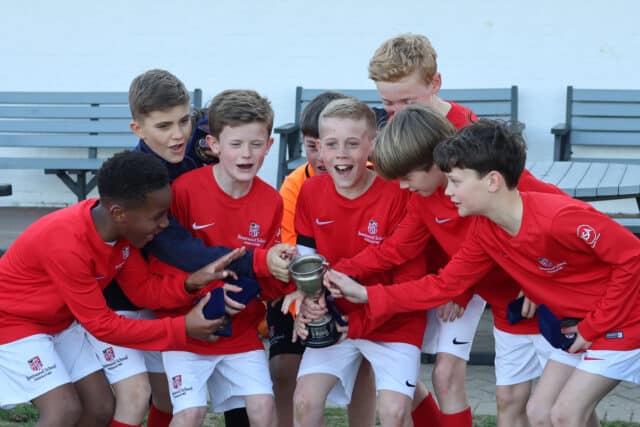
All of the above serve both children’s current wellbeing and abilities, as well as preparing them for future roles in their education and beyond. It also strengthens our school community, helping children and staff to feel more connected through positively contributing to the school culture.
I do hope you have an enjoyable weekend.
Best wishes,
Alice Goodfellow

